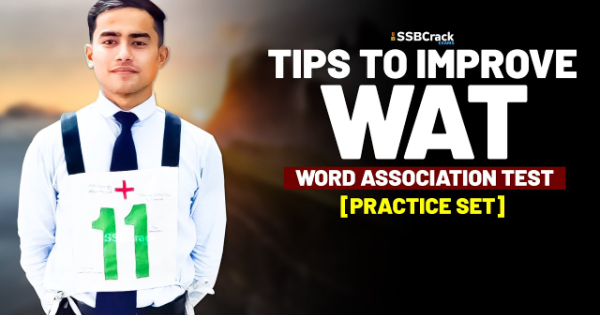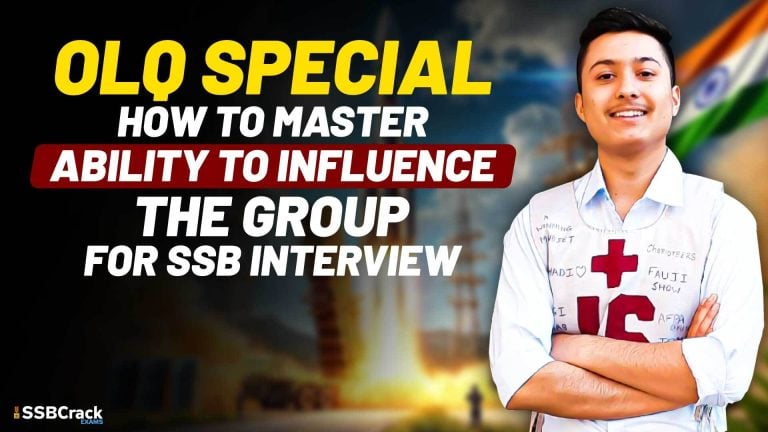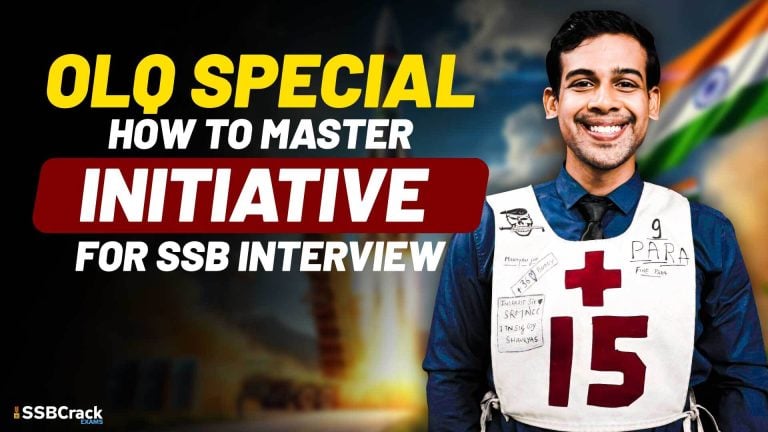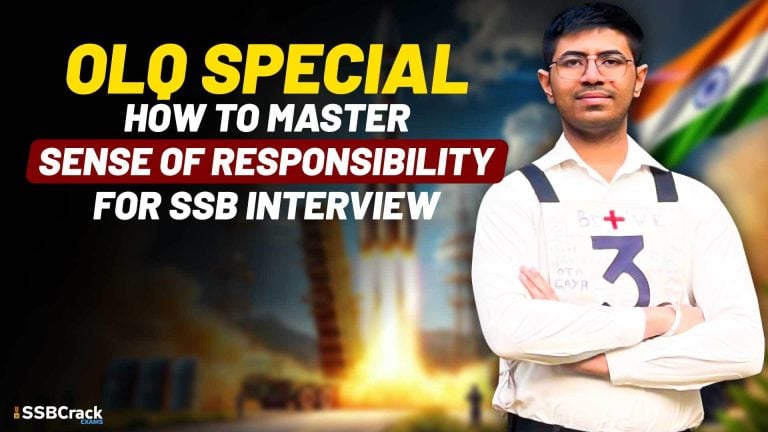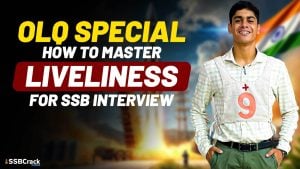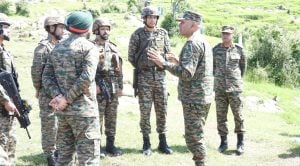Word Association Test (WAT) is one of the four psychological tests employed by the SSBs in Phase 2 of their testing procedure to evaluate a candidate’s patterns of thought, personality, temperament, achievements, failures and emotional responses based on the principle of his/ her subconscious mind. Like in TAT, in this test also a candidate is judged by the psychologist for his/ her OLQs. There are some things therefore, that a defence aspirant must know about WAT before appearing for the SSB Interview.
What is WAT?
Word Association Test (WAT), believed to be developed by Carl Jung, is one of the most vulnerable of many projective approaches taken by the psychologists for personality assessment. A list of words is presented one at a time to the subject who is asked to respond with the first word or idea that comes to mind, often in a form of sentence in SSB. This test is also known as Idea Writing Test. The words in WAT are designed and arranged in a way to extract the subject’s spontaneous reaction. Many of the stimulus words may appear to be emotionally neutral (e.g., building, first, tree); or words that tend to elicit personalized reactions (e.g., mother, hit, love). The idiosyncratic, or unusual, nature of one’s word-association responses can be evaluated by comparing them to standard published tables of the specific associations given by large groups of other people.
How is WAT Conducted in SSB?
- A list of 60 words are shown one by one on a screen to the candidates in SSB.
- These words will be those types of words which are used in our day to day life.
- A total of 15 seconds will be given to the candidates to read a single word and write their response in the form of a complete sentence on their answer sheet.
- After 15 seconds, a new word will appear with a beep on the screen and the candidate has to repeat the same procedure.
How to Improve Writing WAT Responses in SSB
- WAT is not a test of grammar or vocabulary. Write simple sentences containing not more than 4 to 5 simple words maintaining a simple grammatical structure. Concentrate mainly on the correct ideas.
- Do not mug up sentences for a word and write. Be natural and write whatever ideas come to your mind the first time you see the word.
- Avoid using single words, phrases, universal truths, or idiomatic expressions as they show no original thoughts. Try to write a complete sentence.
- Do not write the meaning of the word.
- Use the same word or its different parts of speech while forming a sentence. For e.g., Brave, Bravery, Braving, etc.
- Write positive, constructive, and meaningful sentences.
- Do not write negative or anti-social responses.
- Avoid using “I”, “Me” or “My” in the sentences. This will show you are self-centric. For e.g., Instead of writing “I choose my friends carefully”, you can say “They say to choose your friends carefully”.
- Avoid using any articles (‘a’, ‘an’ or ‘the’) in the sentences to make the sentences shorter.
- Maintain the serial in which the words are shown. Even if you are unable to write complete sentences for some, write the word down and later tactfully manage to construct short and easy sentences with the words (perhaps while turning or adjusting the pages).
- Try to incorporate at least one of the OLQs in each of your response.
- Try to avoid writing down your responses in a bad handwriting as much as possible.
- Avoid scribbling, over-writing or striking off the responses as much as you can. Even if you want to make a correction in the spelling of a word, strike neatly through the word only once and write down the correct spelling. But it is advisable to be super careful while writing down your responses on the answer sheet.
- Do not use modal verbs like ‘can’, ‘could’ ‘must’, ‘should’, ‘may’, ‘might’, ‘ought to’.
- Turn the negative words into positive by generating a positive response by two methods : (a) Denial method (which denies the negative words by using words like ‘no’, ‘not’ ‘never’ in a sentence) and (b) Remedial method (which remedies the negative word using words like ‘cures’, ‘removes’, ‘overcomes’, ‘eliminates’, etc. in a sentence). Take for example, a negative word like “Accident”. You can either write “Accidents don’t occur if we are careful on road” (Denial method) or “A stop in drink and drive prevents accidents” (Remedial method).
- Practice writing responses keeping timers. Practice a lot and everyday starting 1 or better, 2 months before your SSB Interview. For the list of WAT words, you can log on to our website www.ssbcrack.com and practice accordingly.
- Practice thinking optimistic and positive thoughts every day. Do some meditation, eat healthy food and try thinking positively about anything and everything you came across. This will really help you with writing positive responses for WAT in SSB.
So I hope going through all these important points to remember and the steps to improve writing responses for WAT in SSB, you have got all you need to know about WAT that will help you to prepare in a better and a more efficient way for your SSB. Work hard and believe in your dreams. Also, don’t forget to relax and destress yourself every now and then. Think positive and be positive!
Jai Hind!
Also Read:
- Lt Gen Pratik Sharma Reviews Counter-Insurgency Operations in Pir Panjal Range
- Indian Army Launches Operation SHIVA 2025 for Amarnath Yatra Security
- DRDO and IAF Successfully Test Astra BVRAAM with Indigenous RF Seeker
- Lockheed Martin Ventures Partners with HavocAI to Advance Autonomous Maritime Warfare
- Helsing to Produce AI-Powered Underwater Drones for UK Defense


